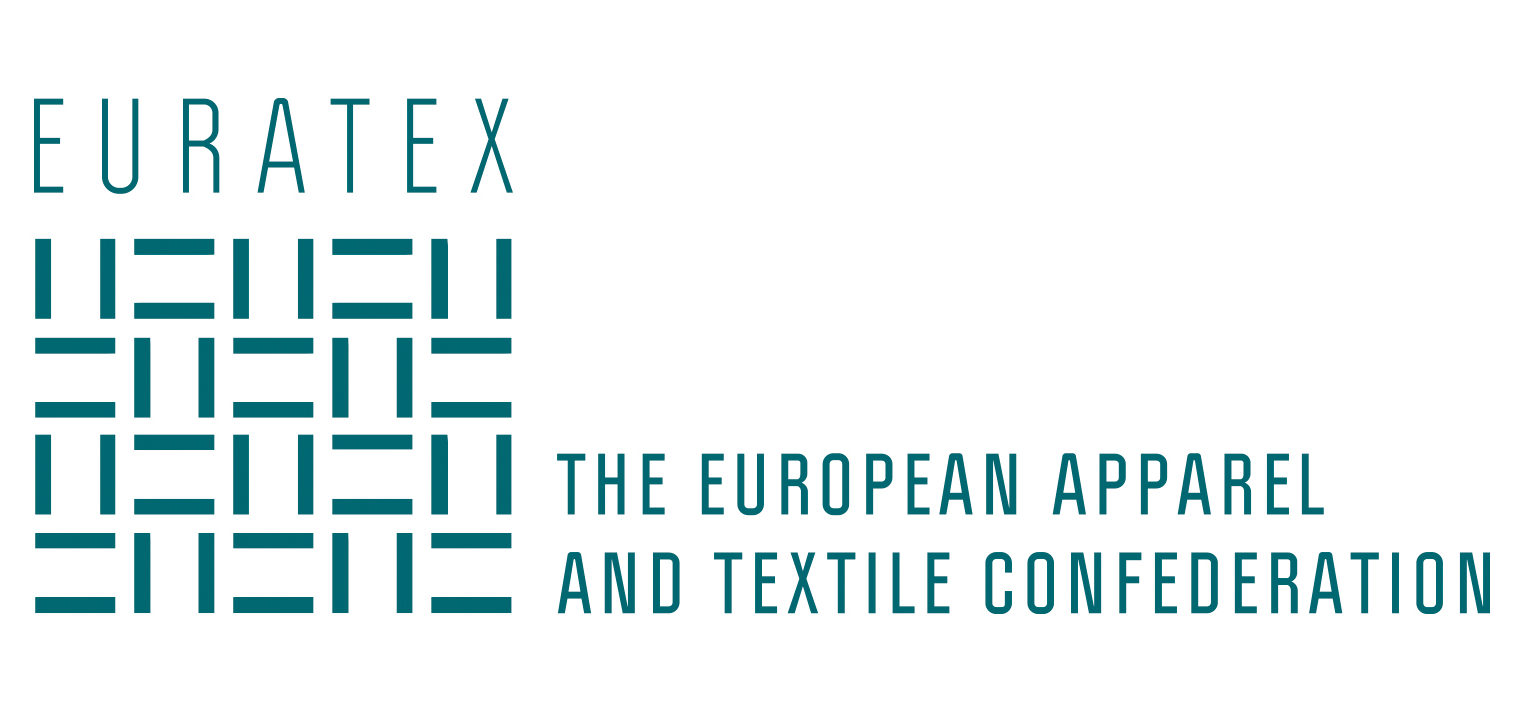
Brussels, 19 January 2023 – The European business community supports an EU due diligence framework. However, it calls for realism, proportionality, and workability for this framework to truly enable and guide businesses in taking necessary steps towards more sustainable supply chains.
The European business community supports an EU due diligence framework. However, it calls for realism, proportionality, and workability for this framework to truly enable and guide businesses in taking necessary steps towards more sustainable supply chains. This includes companies under the scope but also SMEs that will be impacted. In this crucial phase of the legislative process, the business community would like to put forward a number of recommendations and concerns to enhance the benefits of the corporate sustainability due diligence proposal (CS3D):
• The most important element of the proposal should be full harmonisation. This is necessary to avoid fragmentation of the EU single market and ensure a level playing field. This can be achieved by using, for instance, an “internal market clause”. If the EU wishes its model to be used as a reference elsewhere in the world, it cannot rely on the limited harmonisation provided by the directive that would potentially lead to 27 different frameworks.
• Focusing on all aspects within the whole value chain is neither manageable nor realistic. Supply chains alone can comprise multiple tiers with hundreds or thousands of locations, product lines and entities. Companies should be able to prioritise the most salient risks and have the freedom to take appropriate actions to cease, prevent or mitigate identified adverse impacts in accordance with a risk-based approach. Without this ability to prioritise, companies cannot realistically implement due diligence requirements in an efficient way. The absence of a risk-based approach could also lead to counter-productive disengagement from value chains. The obligation to exercise due diligence must be proportionate to the size and means of the company in question.
• Regulating directors’ duties is unnecessary to reach the objectives of the proposal and does not belong in a due diligence framework. It will have negative side-effects, e.g. interfering with national company law systems and creating legal uncertainty, without added value to the ability of companies to apply effective due diligence.
• The list of norms/conventions in the Annex is too far reaching and generates legal uncertainty. Most of the norms in the annex are only applicable to states and not legal private entities like companies. To be workable, this list should be reviewed and shortened, clearly indicating what are the requirements directly applicable to companies, and guidance must be provided on how this should be implemented in practice.
• Legal liability provisions need to be balanced and truly incorporate the widely accepted principle that due diligence is first and foremost an obligation of means and that companies cannot be made liable for damages they have not caused or directly contributed to (intentionally or negligently).
• Clear guidance needs to be adopted and made available before rules enter into effect to help companies comply with and national authorities to enforce the legislation. Sectoral guidance would be helpful for specific industries as well as commodities such as minerals based on applicable relevant international guidelines and standards. More emphasis should be given to multi-stakeholder and industry initiatives to support companies’ due diligence efforts, for example by recognising relevant initiatives where appropriate.
• The legislation should acknowledge the possibility of organising due diligence at group level, including groups of companies that do not have a classic corporate structure consisting of parent companies and subsidiaries.
We urge the European Parliament and the Council to take these recommendations and concerns into account in the following steps of the legislative process. As it has been the case so far, the European business community stands ready to engage constructively to make the upcoming framework fit for purpose.
To see the list of signatories, please open the pdf file.
